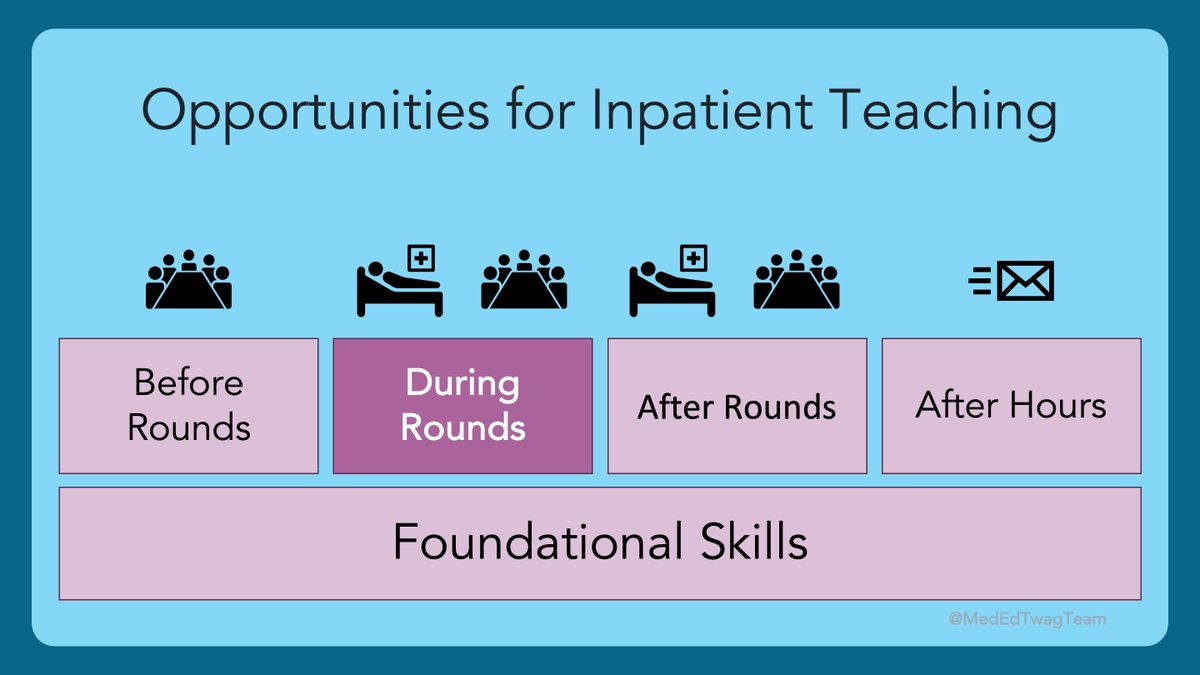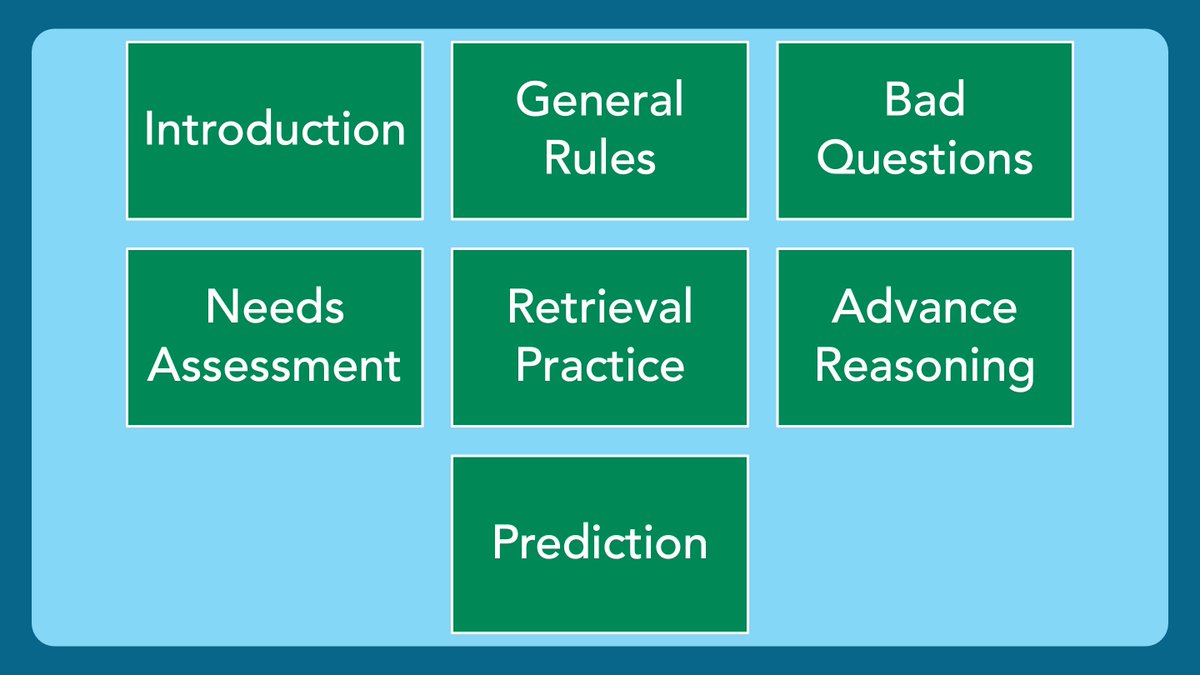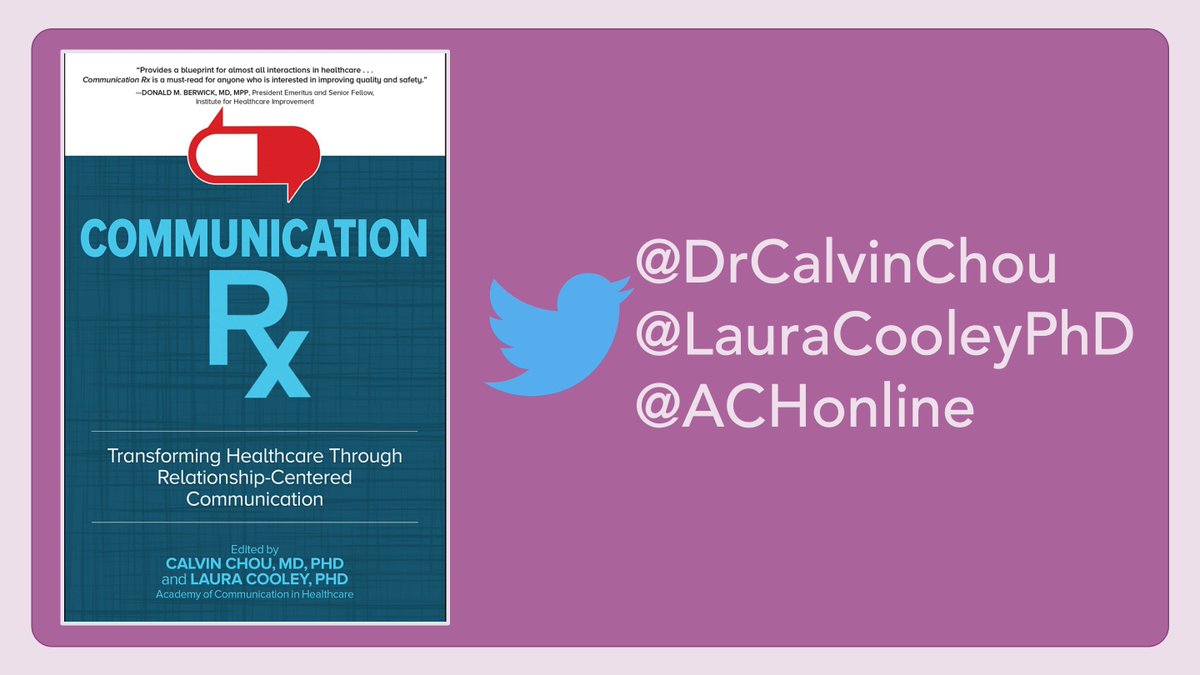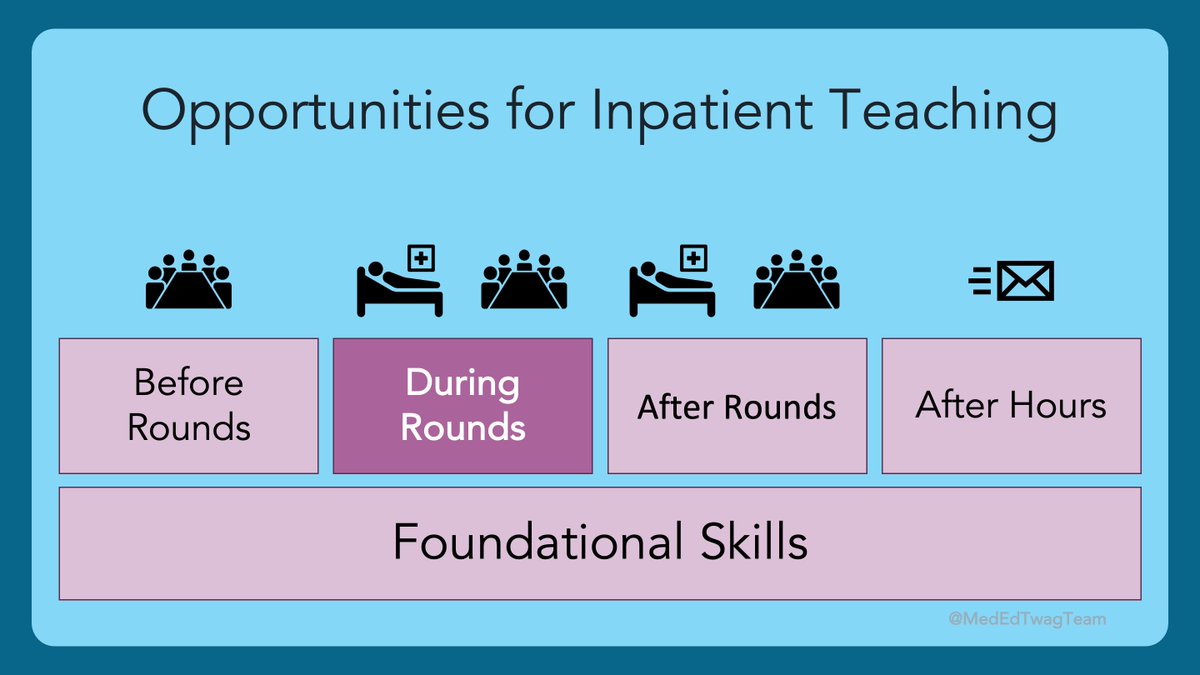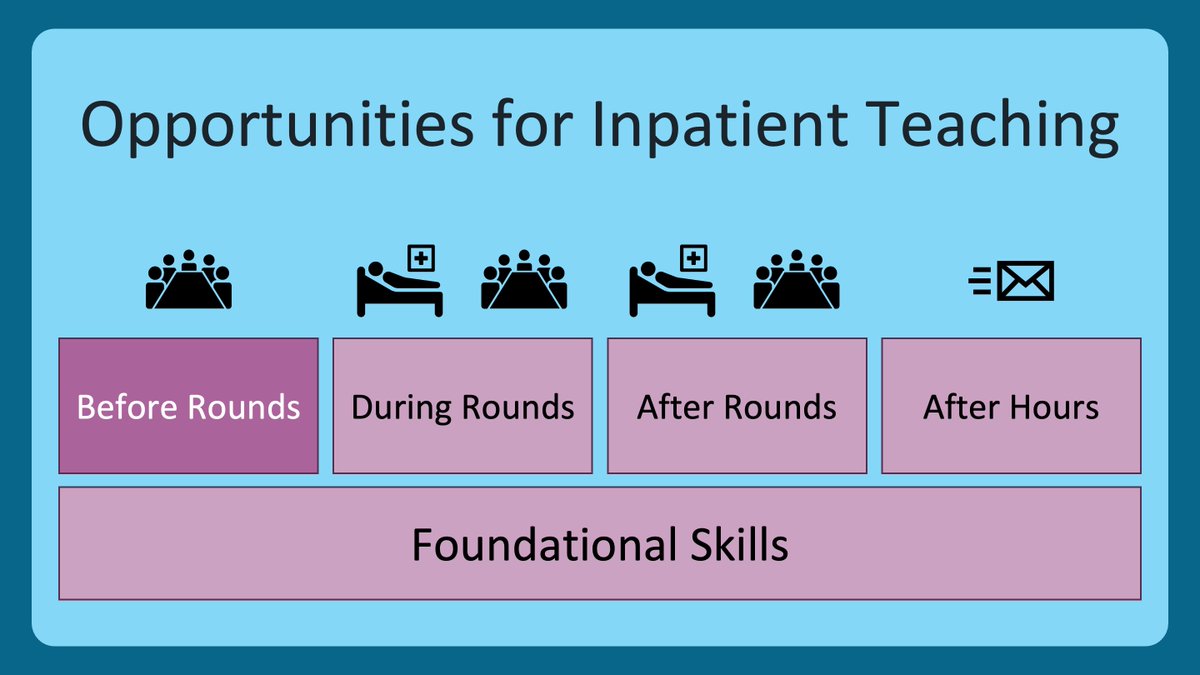🙏 @ShreyaTrivediMD! Fascinating questions. My answers:
1. #Hesitations - Two things...
A. Already distracted by phone (email, texts, etc.). Will Twitter make it worse? Answer, yes. However, I try to limit my interactions to specific times, and turn off notifications.
1. #Hesitations - Two things...
A. Already distracted by phone (email, texts, etc.). Will Twitter make it worse? Answer, yes. However, I try to limit my interactions to specific times, and turn off notifications.
https://twitter.com/ShreyaTrivediMD/status/1302940756085276674
B. I work for the Federal Gov. Outspoken for #Equity #Inclusion #HumanRights #HeForShe #BLM #LGBTQIA.
I worried about violations of #HatchAct.
However, can speak about issues, just not parties or candidates.
However, #45 doesn't care about Hatch Act. Should I?
I worried about violations of #HatchAct.
However, can speak about issues, just not parties or candidates.
However, #45 doesn't care about Hatch Act. Should I?
2. My most meaningful collaboration in my career has come via #MedTwitter. @JenniferSpicer4 and I noticed similar ideas and content from each other, then set up 1 meeting, and @MedEdTwagTeam was born. We have never met in person, but have collaborated weekly for months now!
3. The sharing of ideas, the connections and collaborations, and the warmth and support of the community. People talk about #TwitterTrolls, but #MedTwitter has carved out a nice niche with very few negative vibes. Just good people sharing with, and caring about, each other.
• • •
Missing some Tweet in this thread? You can try to
force a refresh



